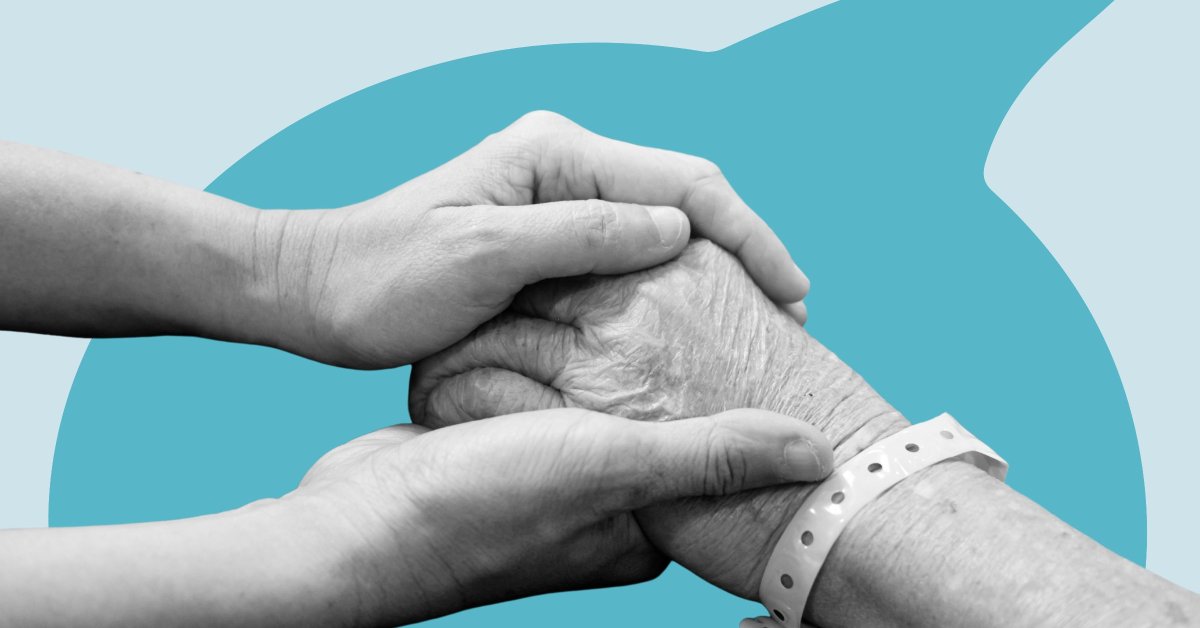Cancer Diagnosis: Words Of Comfort And Encouragement (and Phrases To Skip)

Welcome to your ultimate source for breaking news, trending updates, and in-depth stories from around the world. Whether it's politics, technology, entertainment, sports, or lifestyle, we bring you real-time updates that keep you informed and ahead of the curve.
Our team works tirelessly to ensure you never miss a moment. From the latest developments in global events to the most talked-about topics on social media, our news platform is designed to deliver accurate and timely information, all in one place.
Stay in the know and join thousands of readers who trust us for reliable, up-to-date content. Explore our expertly curated articles and dive deeper into the stories that matter to you. Visit Best Website now and be part of the conversation. Don't miss out on the headlines that shape our world!
Table of Contents
Cancer Diagnosis: Words of Comfort and Encouragement (and Phrases to Skip)
Receiving a cancer diagnosis is undoubtedly one of life's most challenging experiences. The shock, fear, and uncertainty can be overwhelming, leaving both the patient and their loved ones grappling for the right words. Knowing what to say – and, crucially, what not to say – can make a world of difference in offering comfort and support during this difficult time. This article provides guidance on offering meaningful encouragement and identifies phrases best left unsaid.
Finding the Right Words: Offering Comfort and Encouragement
The most important thing to remember when facing someone with a cancer diagnosis is to be present and empathetic. Avoid clichés and focus on genuine connection. Here are some helpful approaches:
-
Acknowledge their feelings: Start by validating their emotions. Phrases like, "I'm so sorry you're going through this," or "This must be incredibly difficult," show empathy and understanding. Avoid dismissing their feelings.
-
Offer practical support: Instead of just offering words, offer concrete help. This could include assistance with errands, childcare, meal preparation, or transportation to appointments. Ask, "Is there anything I can do to help you right now?" This demonstrates genuine care and willingness to contribute.
-
Focus on their strengths: Remind them of their resilience and past successes. Phrases like, "You're a strong person, and you've overcome challenges before," can be incredibly empowering.
-
Listen more than you speak: Sometimes, the best thing you can do is simply listen. Allow them to share their feelings without interruption or judgment. Active listening, showing you're truly engaged, is invaluable.
-
Maintain a positive outlook (but be realistic): While it's important to remain hopeful, avoid false reassurances. Instead of saying, "Everything will be alright," try, "We're going to get through this together," emphasizing shared support and a journey rather than a guaranteed outcome.
-
Educate yourself about their cancer type: Learning about their specific diagnosis demonstrates care and allows for more informed conversations. This doesn't mean you need to become an expert, but basic knowledge shows you're invested in understanding their situation. Resources like the can be helpful.
Phrases to Avoid: Words That Can Hurt More Than Help
Certain phrases, while well-intentioned, can unintentionally cause more harm than good. It's crucial to avoid these:
-
"I know how you feel": Unless you've experienced the exact same thing, this statement is invalidating. Focus on empathy rather than comparison.
-
"Stay positive": For someone battling cancer, positivity can feel like an impossible burden. Avoid pressuring them to maintain a relentlessly cheerful demeanor.
-
"At least…": Phrases like, "At least it's not worse," minimize their experience and offer little comfort.
-
"You're so brave": While intended as a compliment, this can feel like an added pressure to act strong when they're already struggling.
-
Unsolicited advice or opinions: Avoid sharing personal anecdotes or opinions on treatments unless specifically asked. Focus on their needs and feelings.
Moving Forward: Maintaining Support
Supporting someone with a cancer diagnosis is a long-term commitment. Consistency and understanding are key. Regular check-ins, offering ongoing practical support, and maintaining open communication will make a significant difference in their journey. Remember to take care of yourself as well; supporting someone through cancer can be emotionally draining. Consider joining support groups or seeking counseling if needed.
Call to Action: If you or someone you know has received a cancer diagnosis, remember you're not alone. Seek support from medical professionals, support groups, and loved ones. Open communication and genuine empathy are invaluable during this challenging time.

Thank you for visiting our website, your trusted source for the latest updates and in-depth coverage on Cancer Diagnosis: Words Of Comfort And Encouragement (and Phrases To Skip). We're committed to keeping you informed with timely and accurate information to meet your curiosity and needs.
If you have any questions, suggestions, or feedback, we'd love to hear from you. Your insights are valuable to us and help us improve to serve you better. Feel free to reach out through our contact page.
Don't forget to bookmark our website and check back regularly for the latest headlines and trending topics. See you next time, and thank you for being part of our growing community!
Featured Posts
-
 Is Your Matcha Latte In Jeopardy Supply Chain Issues Explained
Jul 28, 2025
Is Your Matcha Latte In Jeopardy Supply Chain Issues Explained
Jul 28, 2025 -
 Matcha Shortage Global Demand Outpaces Supply
Jul 28, 2025
Matcha Shortage Global Demand Outpaces Supply
Jul 28, 2025 -
 Starvation In Gaza Journalists Chronicle Their Plight
Jul 28, 2025
Starvation In Gaza Journalists Chronicle Their Plight
Jul 28, 2025 -
 Extraditado Ovidio Guzman Proceso Judicial En Chicago Se Extiende Hasta 2026
Jul 28, 2025
Extraditado Ovidio Guzman Proceso Judicial En Chicago Se Extiende Hasta 2026
Jul 28, 2025 -
 Seahawks Backup Rb Suffers Potential Acl Injury During Training Camp
Jul 28, 2025
Seahawks Backup Rb Suffers Potential Acl Injury During Training Camp
Jul 28, 2025
